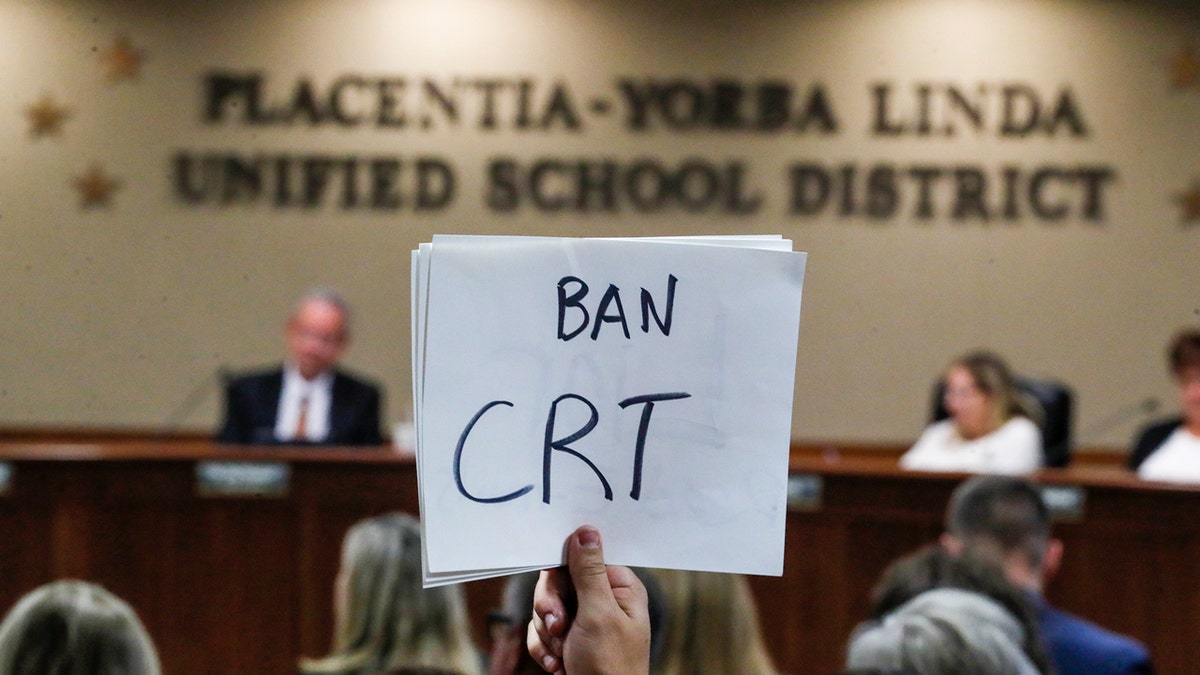A recent analysis by CriticalRace.org has revealed a concerning trend: the integration of Critical Race Theory (CRT) and Diversity, Equity, and Inclusion (DEI) principles into the curricula of a significant majority of accredited U.S. medical schools. This "racialization of medical education," as some critics call it, raises questions about the potential impact on future healthcare professionals and the delivery of patient care.
CriticalRace.org, a website dedicated to monitoring CRT in education, found that 70% of the 155 accredited medical schools in the U.S. incorporate CRT-related coursework or training, either mandatory or voluntary. This encompasses topics like "anti-racism," "cultural competency," and "implicit bias."

Image: A medical student interacting with a senior patient. (iStock)
William Jacobson, founder of CriticalRace.org and a law professor at Cornell University, expressed alarm at these findings, suggesting they represent a potential threat to objective medical practice. He argues that focusing medical training through a racial lens could have serious consequences for patient care.
More than half of the surveyed medical schools mandate CRT-related training or coursework for students, and nearly 40% require it for faculty and staff. Many of these programs feature materials from authors like Robin DiAngelo and Ibram X. Kendi, whose work has been criticized for promoting discriminatory practices.

Image: Critical Race Theory has become a contentious subject. (Robert Gauthier)
CriticalRace.org’s database also reveals that a substantial number of medical schools offer materials by authors who advocate for discriminatory practices, raising concerns about the potential for bias in future healthcare providers. The organization argues that this emphasis on race could lead doctors to prioritize a patient's race over their individual medical needs.
Jacobson draws a parallel between the recent Supreme Court ruling against affirmative action in college admissions and the potential implications for healthcare, suggesting that the court might eventually address the issue of race-based medical practices. He highlights the strong reactions from medical schools to the affirmative action ruling, with many expressing disappointment or disagreement and reaffirming their commitment to diversity goals.

Image: Diversity, inclusion curriculum discussion. (Fox News)
Jacobson calls the situation a "national emergency" and urges governors and state legislatures to intervene, expressing concern that the federal government and medical establishment are currently aligned with the CRT agenda. CriticalRace.org, part of the Legal Insurrection Foundation, continues to monitor and analyze CRT-related developments in education.








